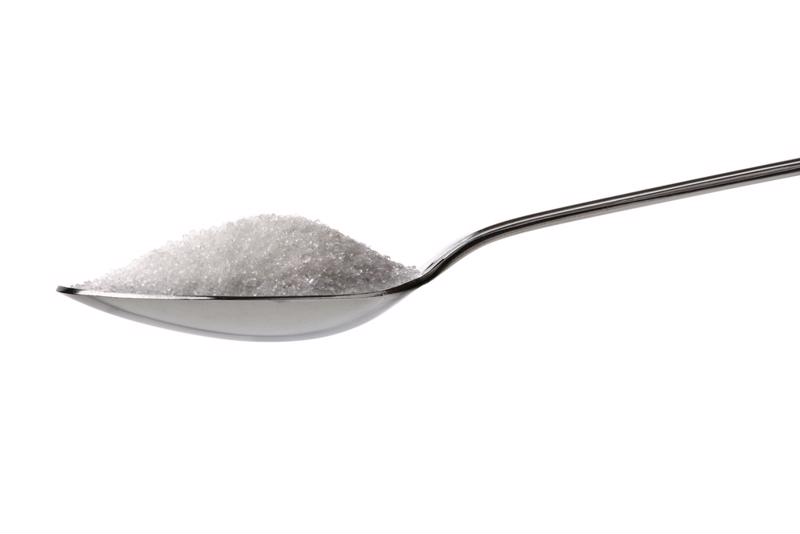Cancer may be unpredictable, but there are plenty of ways to reduce your risk before the debilitating condition wreaks havoc on your body and changes your life forever. Improved lifestyle factors, such as exercising, avoiding tobacco and limiting alcohol consumption, have a large impact on your cancer risk. Most importantly, your choice of dietary habits has a major influence on the wellness of your immune system, ultimately heightening or reducing your chances of developing certain cancers.
 Following an unhealthy diet increases your chance of developing cancer down the road.
Following an unhealthy diet increases your chance of developing cancer down the road.The Impact of a Poor Diet
According to the American Cancer Society, research shows that following a poor diet is a key contributing factor to increasing your risk for cancer. Opting for fast food and takeout may seem like the most convenient and inexpensive option when you don’t feel like cooking dinner, but these “foods” are loaded with fillers, preservatives, sugars and fats that can harm your body in the long run. As stated by Healthguide, eating too many refined carbs has been linked to an increased risk of prostate cancer by as much as 88 percent. Additionally, eating 50 grams of processed meat – such as bacon, sausages, hot dogs, pepperoni, and salami – every day is linked to a 20-percent heightened risk of colorectal cancer.
That’s why we strongly recommend eliminating refined sugars and meats from your diet. Sugars have a reputation for completely shutting down the immune system, and can also cause rapid spikes in blood sugar. Processed meats are loaded with preservatives and saturated fats that can clog your arteries and lead to excessive weight gain, both of which can lead to cancer.
Tips for Eating for Cancer Prevention
By improving your eating habits, you won’t only reduce your cancer risk but also lower your chance of developing other debilitating chronic conditions, such as arthritis, diabetes, heart disease and more. To ensure your overall health and well-being and lower your cancer risk as you age, consider the following simple, yet life-changing tips:
1. Learn to control your weight. Being overweight or obese increases your risk for various cancers, such as breast, colon, rectum, endometrial, pancreas, kidney and more, as reported by the American Cancer Society. This is because excess weight causes an increase in the production of two hormones, estrogen and insulin, which can ultimately heighten the growth of cancer cells.
“Being overweight or obese increases your risk for various cancers.”
Start practicing healthy eating habits that encourage you to have better control of your weight. Strive to only eat at your regular meal times and choose fresh fruit and vegetables as snacks when the need arises. Drink more water between meals. Also, stop assuming you have to follow the traditional habit of eating three large meals to account for breakfast, lunch and dinner. Try drinking a smoothie in the morning, including some almonds or ground flax seed or B-Flax-D in it to sustain you through the morning. And always start dinner with a large vegetable salad or green smoothie. This will assist in regulating your metabolism and help you maintain a healthy weight.
2. Follow the Hallelujah Diet. Our plant-based way of living, inspired by God’s Original Diet from Genesis 1:29, focuses on taking advantage of the natural sustenance from the earth that He provided. A variety of natural foods, such as vegetables, fruits, organic whole grains, nuts and seeds, has an abundance of vitamins and nutrients that can fuel a healthy, strong immune system to help your body thrive. And when produce is kept in its natural raw state, you’ll reduce the chance of diminishing substantial amounts of beneficial antioxidants and minerals during the cooking process. Eating raw produce is the easiest way to ensure you’re getting all of those essential vitamins and minerals that your body uses for fuel.
So what are you waiting for? Now’s the time to take control of your health and reduce your risk of developing cancer in the future. A change in eating habits can recuperate your body and give your immune system the boost it needs to defend against debilitating diseases.
If you are already living with cancer, it’s not too late to join us on the path to better health. Our Cancer Rescue Plan includes the fundamental supplements that accompany the basic Hallelujah Diet, such as BarleyMax, Fiber Cleanse, Professional Strength Probiotics, Digestive Enzymes, Liposomal Vitamin C and more. Following our primarily raw plant-based diet and supplementing with our Cancer Rescue Plan can strengthen your immune system, increase your energy and support your body in maintaining healthy blood sugar levels. We believe this regimen can get your body back to its best possible state and help you fight cancer and defeat it for good.
The post Reducing Your Cancer Risk with Healthy Food Choices appeared first on Plant-Based Diet - Recipes & Weight Loss Supplements | Hallelujah Diet.
Hallelujah Acres chairman
Comments
Post a Comment